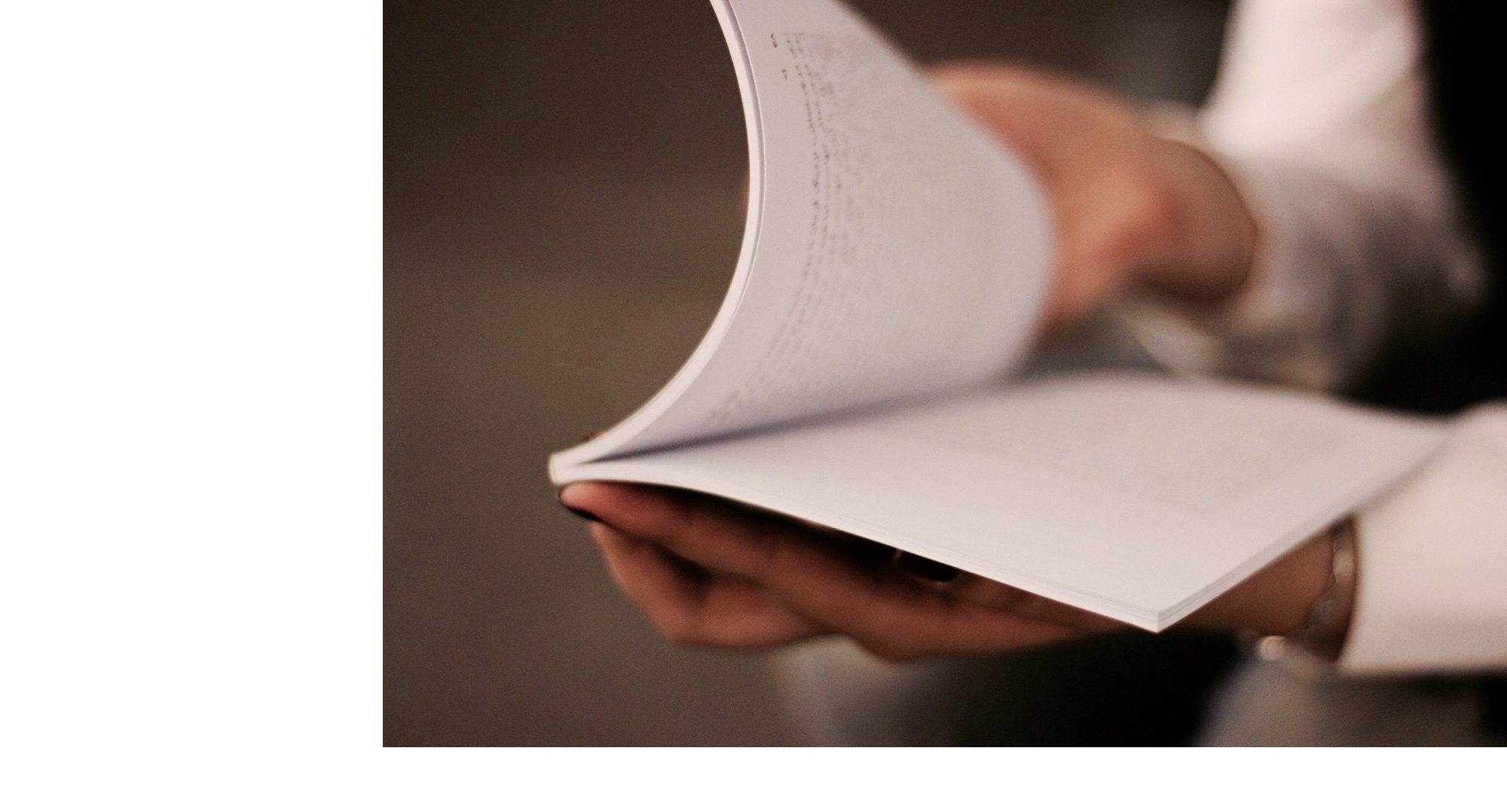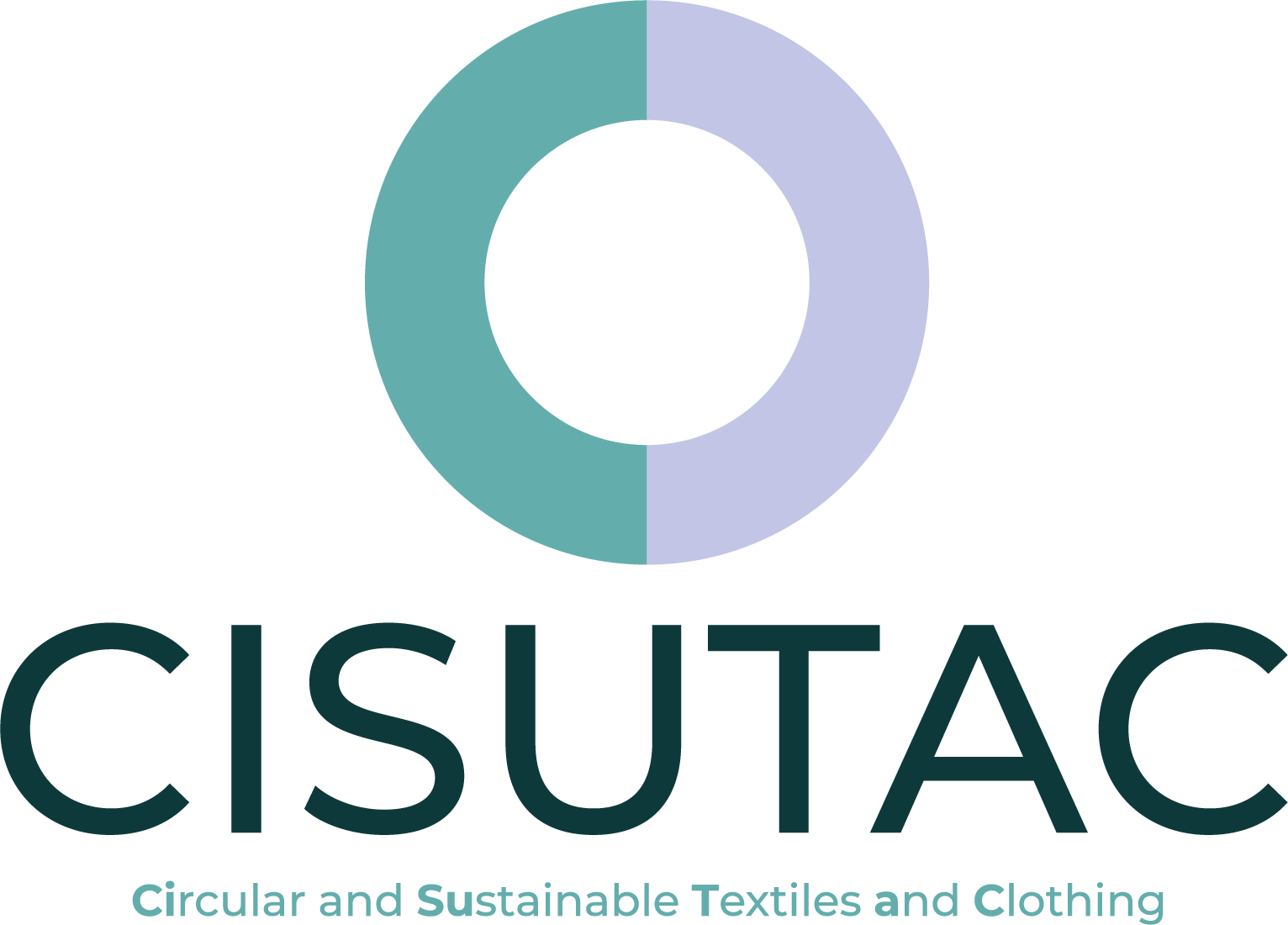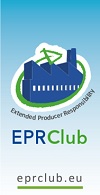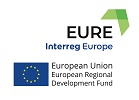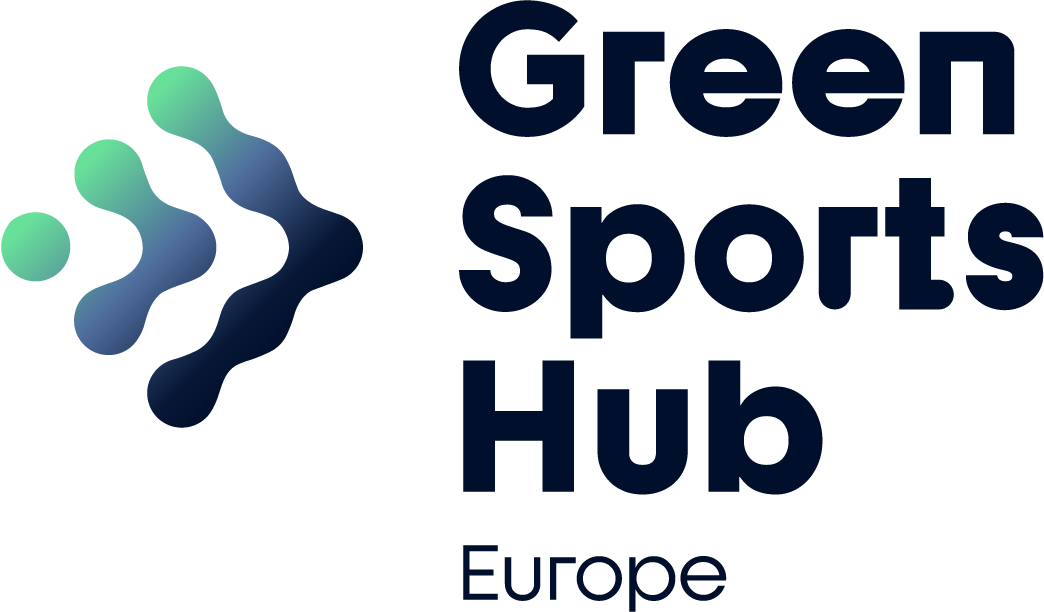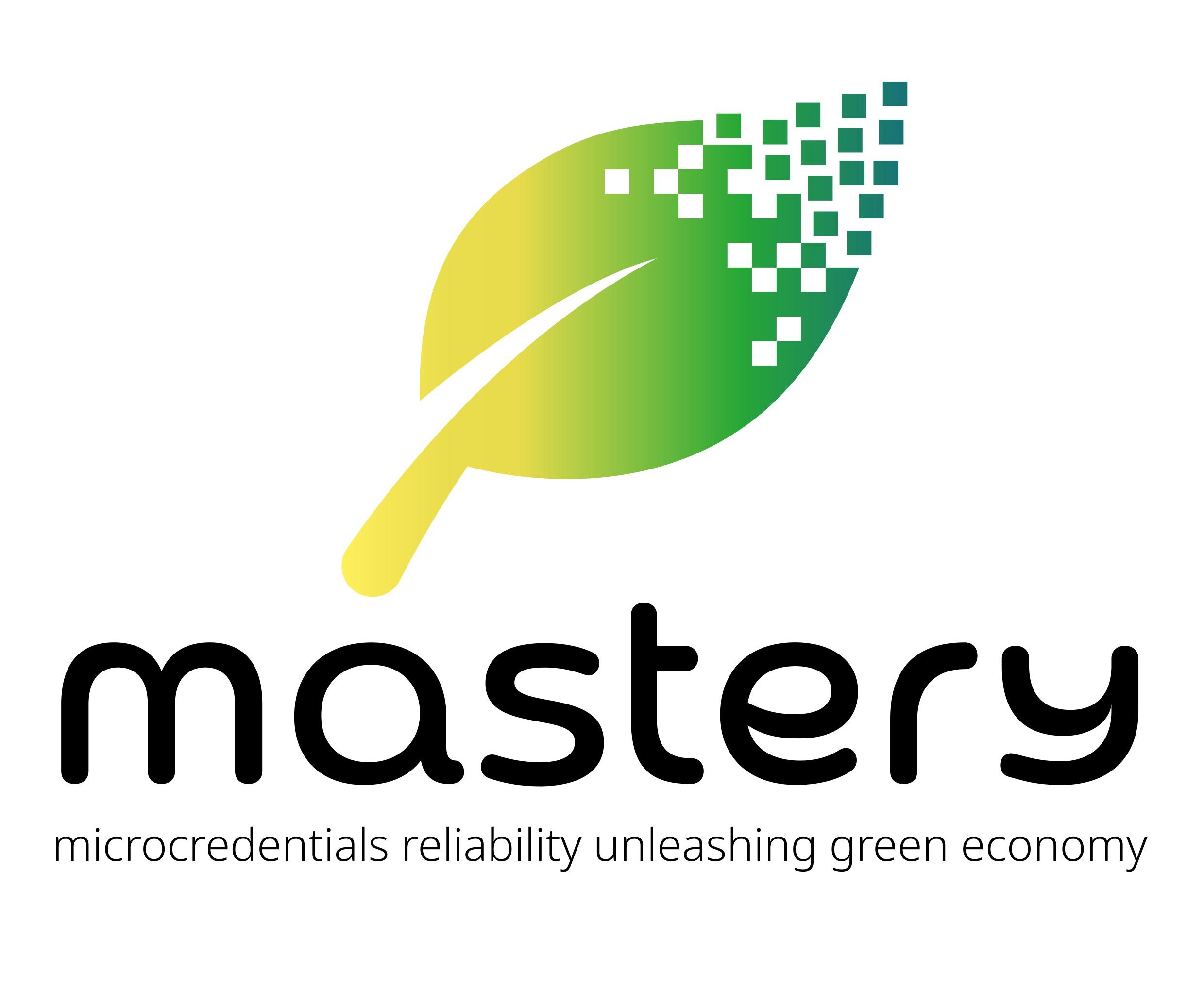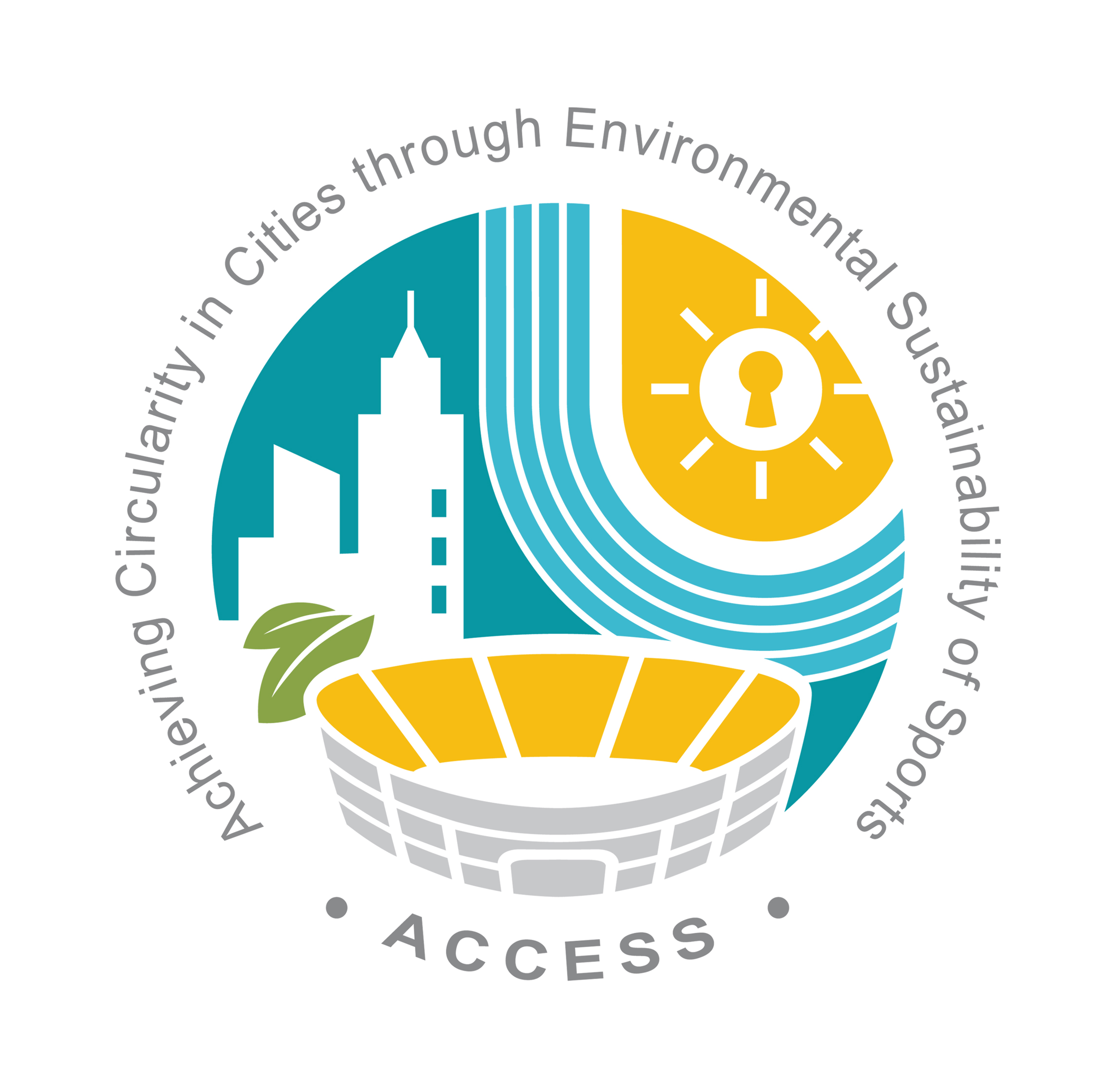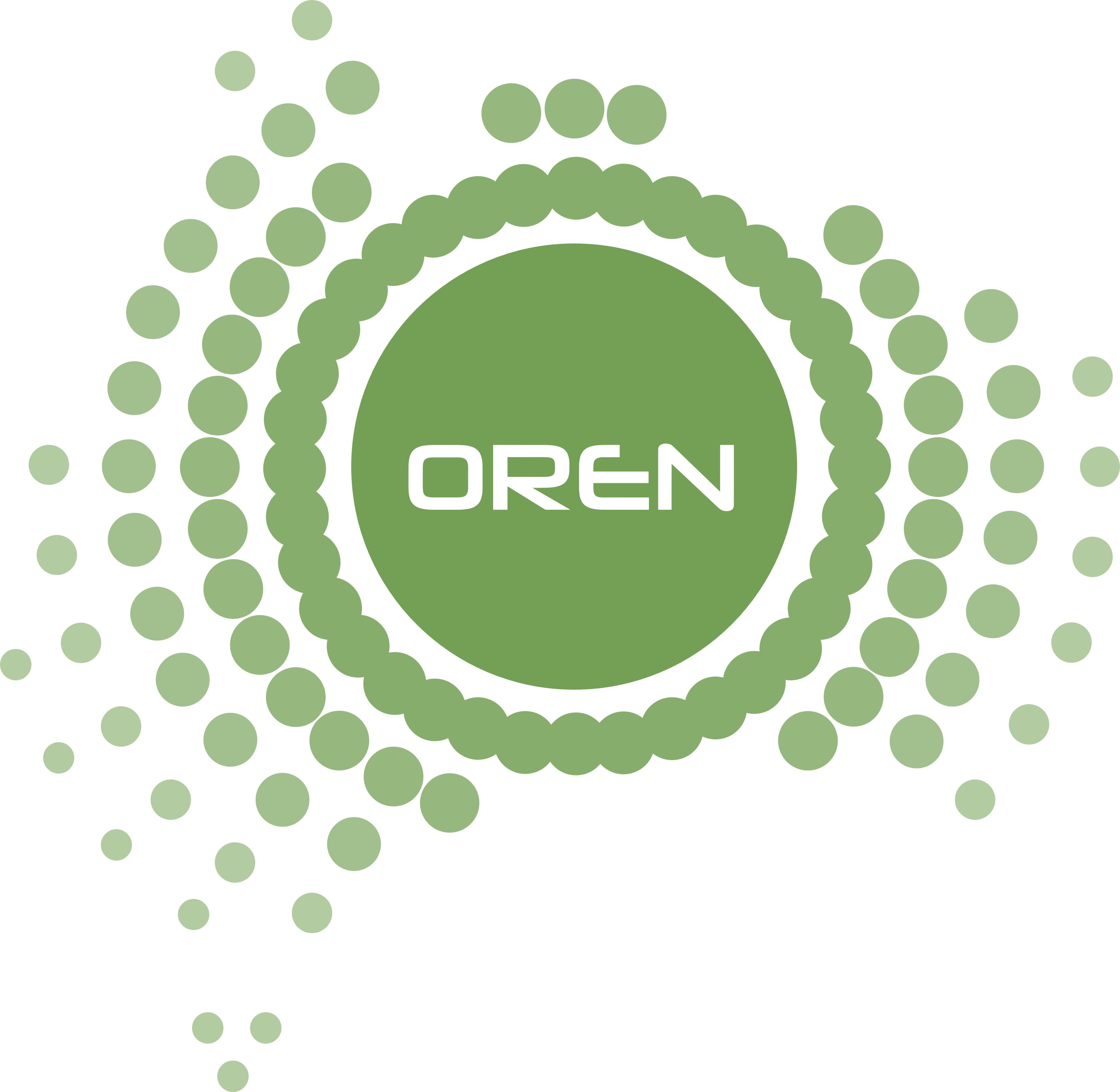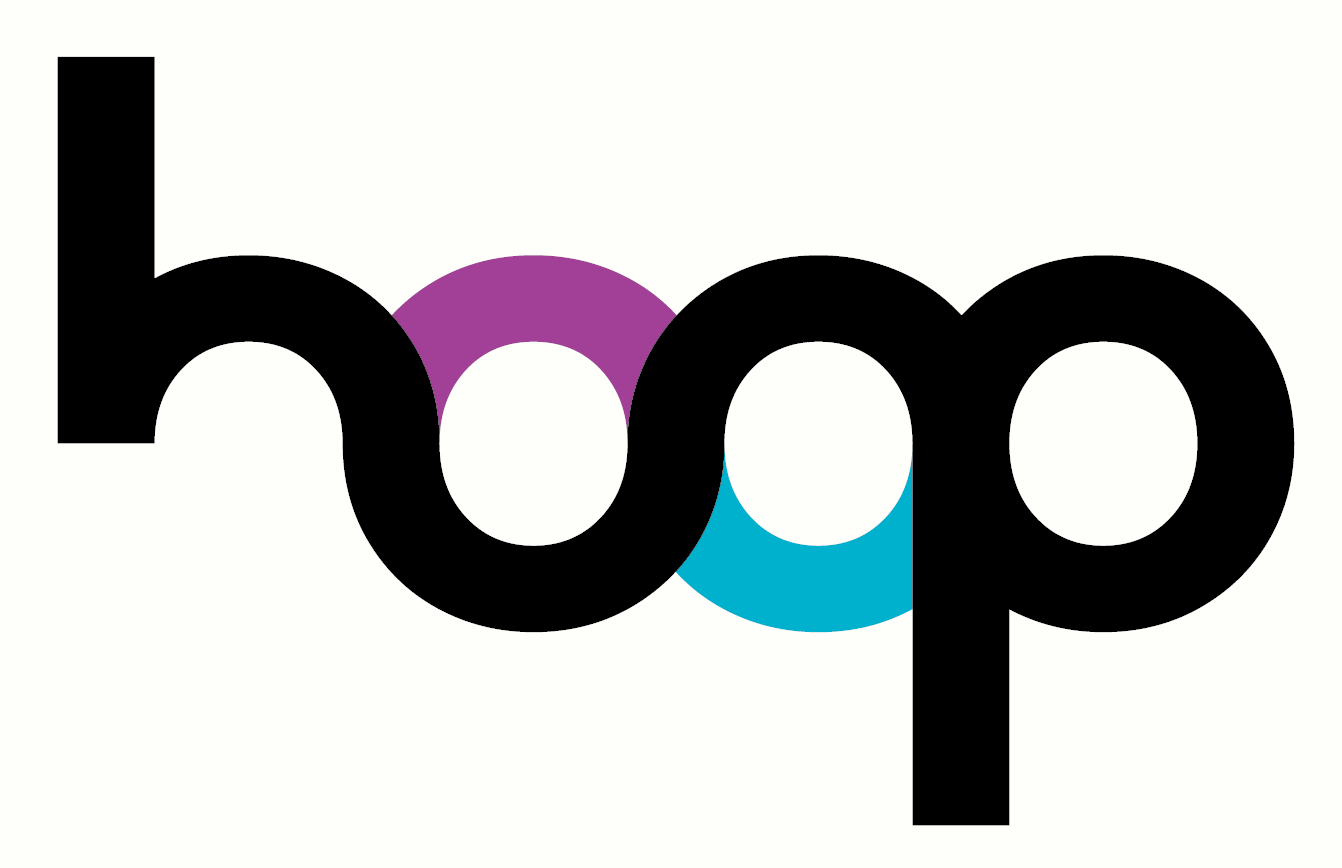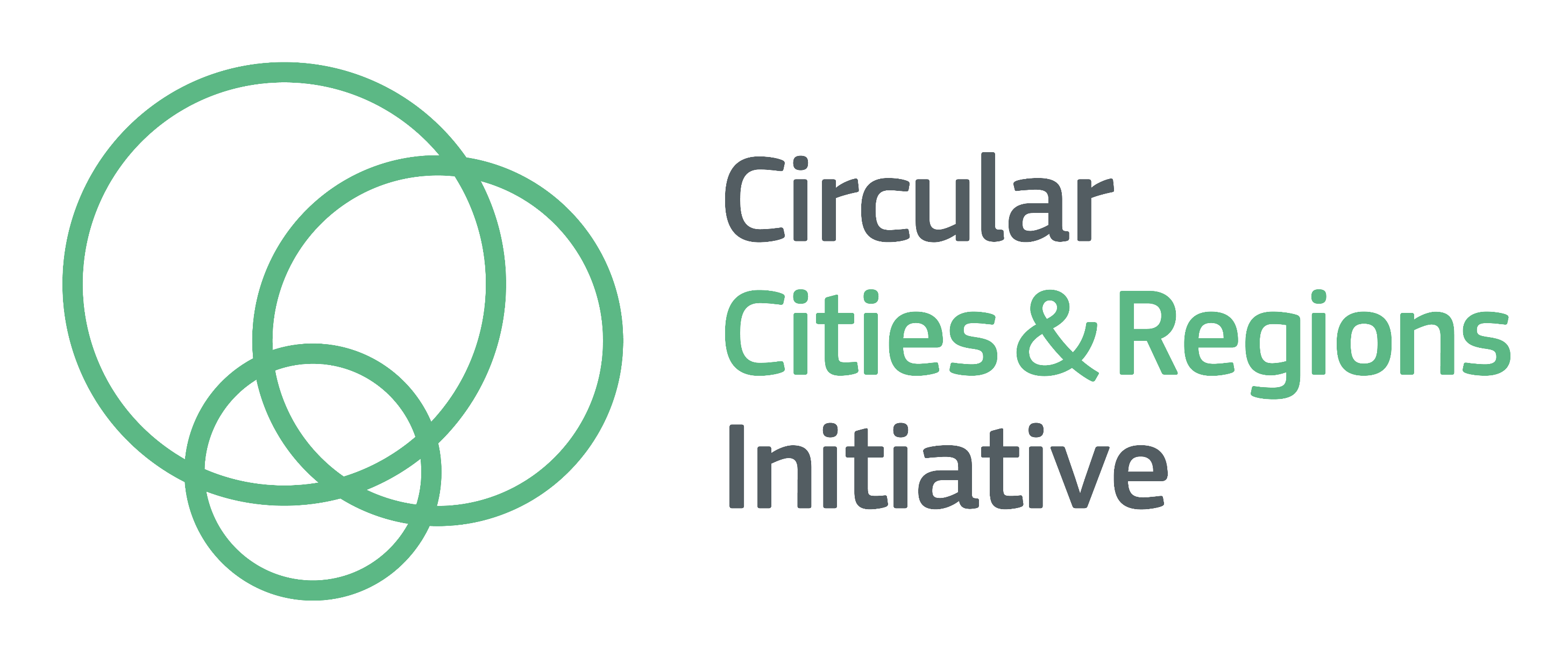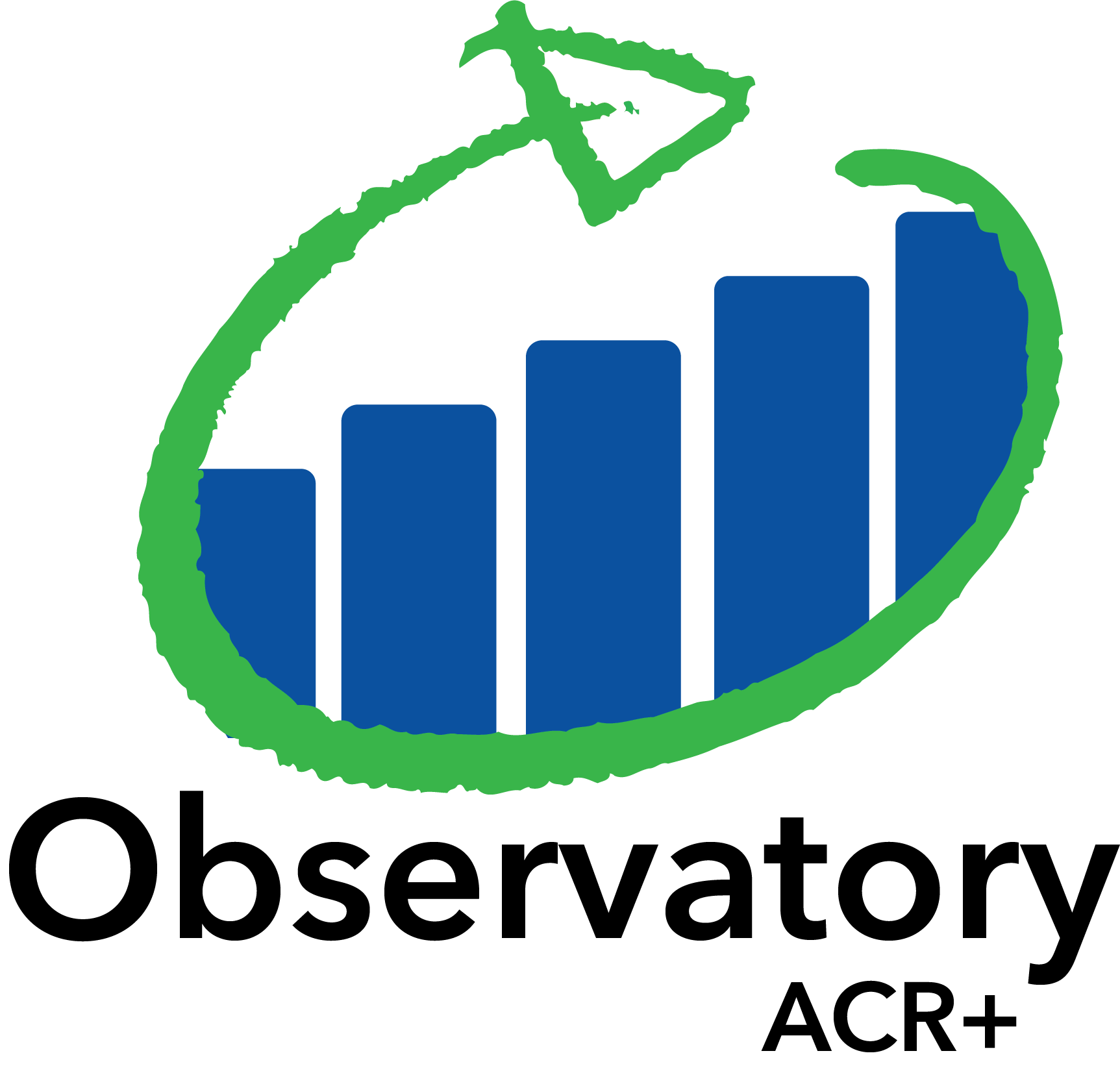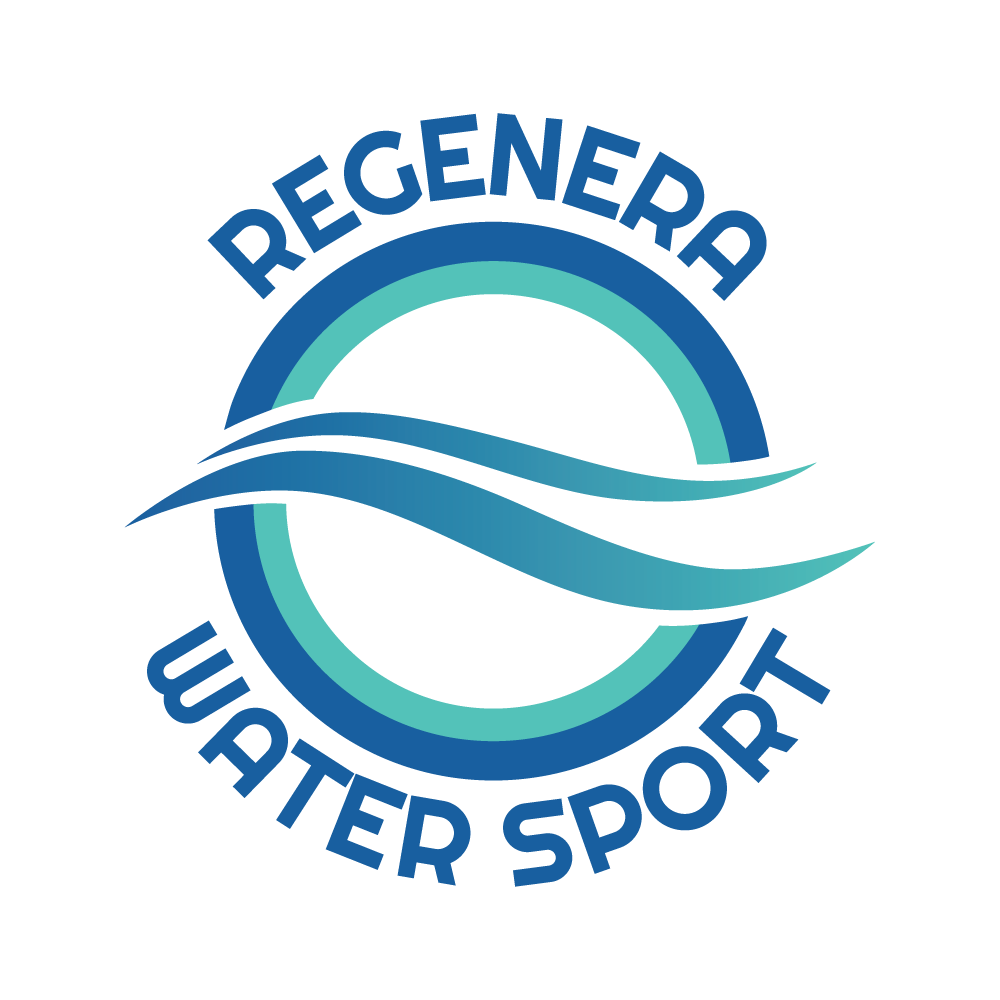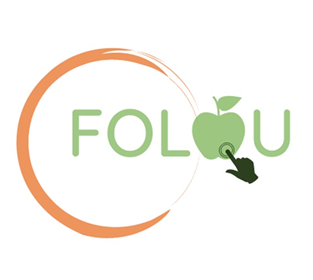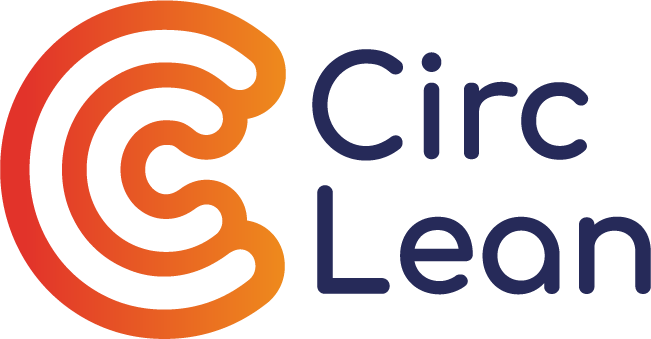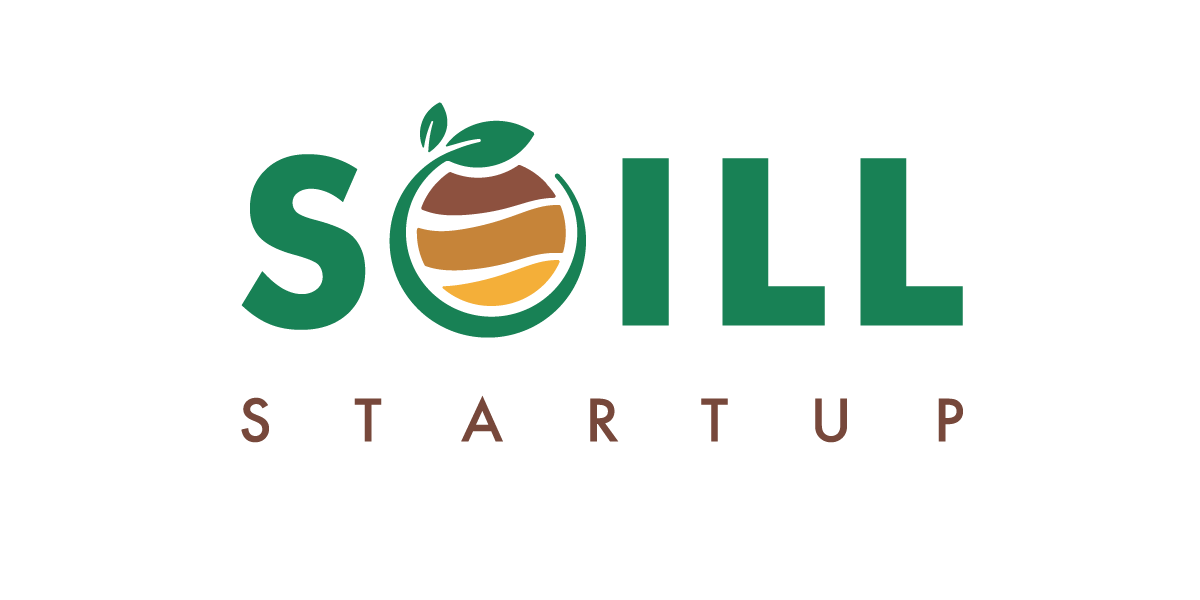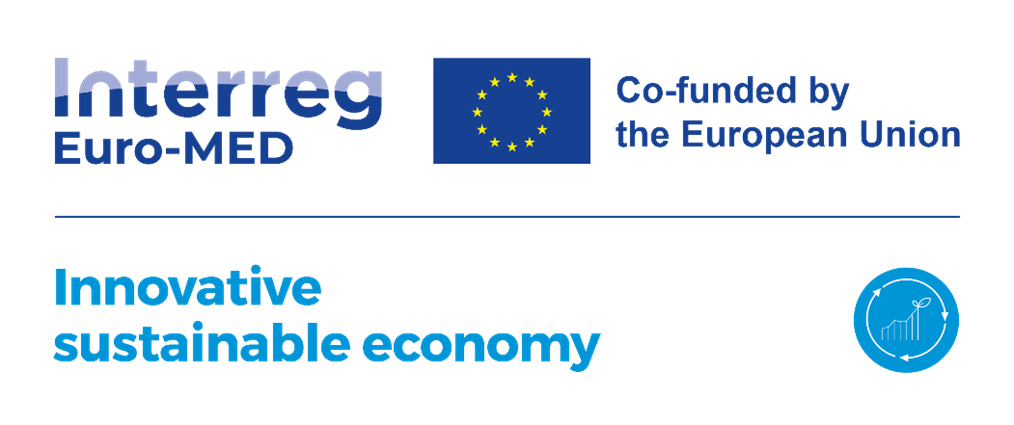ACR+ has recently participated in on a full day event organised by Circular Buildings Coalition, Arup, Ellen MacActhur Foundation and Metabolic in the framework of the World Circular Economy Forum. The event focused on different ways to integrate circular economy principles in the built environment. During the first session of the day, the potential of regenerative design as a way to reconnect with nature and move beyond Net Zero was highlighted. Public authorities and local communities are key here, as they can take the charge in constructing more circular, green, fair and accessible built environment. The second session focused on business cases for a circular building sector highlighted the importance of breaking the silos, creating a strong collaboration with the key stakeholders, and local and regional authorities must be included in the dialogue. The third session was hosted by the Circular Building Coalition, which presented Four circular building pathways towards 2050: build efficiently, build with the right materials, build for long-term use, and build nothing. This toolkit presents 9 interventions related to the four pathways that could support, together with the implementation of the decarbonisation efforts, the reduction of 84% of the environmental impact of the construction sector. For a real success, a key role is played by sufficiency measures. 28 actions are presented in the report, within which 10 business solutions have been supported for 6 months in order to implement the Blueprint Projects as circular business models on the market. The event was closed by a call for a translation of holistic change in practical actions by Janez Potočnik and Jocelyn Bleriot (Ellen MacArthur Foundation).
 ACR+ member the Pays de la Loire Region recently convened its first "post-ConcerTO (Regional Consultation on Organic Matter) day on 26 March, aimed at sustaining engagement among stakeholders involved in organic matter management. ACR+ attended the event along with representatives from all five departments of the region. It featured a morning field visit to the Terra Ter platform. Where around 50 tonnes of kitchen waste from nearby Nantes Metropoles HORECA and organic retailers are processed weekly before being composted in nearby fields. Following the field visit, laureates of French Agency for Ecological Transition (ADEME)'s call for proposals on organic waste management, including Reflex, Sycodem, Angers Loire Métropole, and Mauges Communauté, shared insights into their projects. Participants also engaged in discussions with ADEME regarding bio-waste management legislation. Thematic workshops, including a session on soil awareness, rounded out the event, offering valuable insights into sustainable waste management practices. Throughout the day, ACR+ filmed several videos for the project PREPSOIL. Stay tuned for more information about the ConcerTO methodology, the concept of the Fresque du Sol and the Reflex association. The videos will be available on the PREPSOIL website and //www.youtube.com/@prepsoil" target="_blank" rel="noreferrer noopener" data-cke-saved-href="https://www.youtube.com/@prepsoil">YouTube channel.
ACR+ member the Pays de la Loire Region recently convened its first "post-ConcerTO (Regional Consultation on Organic Matter) day on 26 March, aimed at sustaining engagement among stakeholders involved in organic matter management. ACR+ attended the event along with representatives from all five departments of the region. It featured a morning field visit to the Terra Ter platform. Where around 50 tonnes of kitchen waste from nearby Nantes Metropoles HORECA and organic retailers are processed weekly before being composted in nearby fields. Following the field visit, laureates of French Agency for Ecological Transition (ADEME)'s call for proposals on organic waste management, including Reflex, Sycodem, Angers Loire Métropole, and Mauges Communauté, shared insights into their projects. Participants also engaged in discussions with ADEME regarding bio-waste management legislation. Thematic workshops, including a session on soil awareness, rounded out the event, offering valuable insights into sustainable waste management practices. Throughout the day, ACR+ filmed several videos for the project PREPSOIL. Stay tuned for more information about the ConcerTO methodology, the concept of the Fresque du Sol and the Reflex association. The videos will be available on the PREPSOIL website and //www.youtube.com/@prepsoil" target="_blank" rel="noreferrer noopener" data-cke-saved-href="https://www.youtube.com/@prepsoil">YouTube channel.
 The Close the Glass Loop initiative, aimed at optimising closed-loop glass recycling, has agreed in a recent board meeting on the final version of the Close the Glass Loop Roadmap. The document marks a significant step towards enhancing glass recycling practices across Europe. While the document is set for public release soon, the Board has prioritized initiating work on glass packaging design for recycling guidelines, a pivotal action outlined in the roadmap.
The Close the Glass Loop initiative, aimed at optimising closed-loop glass recycling, has agreed in a recent board meeting on the final version of the Close the Glass Loop Roadmap. The document marks a significant step towards enhancing glass recycling practices across Europe. While the document is set for public release soon, the Board has prioritized initiating work on glass packaging design for recycling guidelines, a pivotal action outlined in the roadmap.
How to support the integration of circular economy in construction contracts to facilitate a sustainable management of the C&D waste? Is it a question that you have already tackled? If you just answered yes and would like to share your experience, the INERTWASTE project partners will be all ears. One of their upcoming learning meetings will focus on promoting circularity within construction contracts and ACR+ is currently looking for good practices to share with the project partners and stakeholders. If selected, you will be invited to detail your experience during the meeting planned in Marseille in the second half of 2024.
Among other things, ACR+ member Region SUD will present its territorial state of the art on construction focusing on the main challenges to foster recirculation of inert waste. In addition, the four territories involved in the project will exchange good practices. If you would like to contribute to INERTWASTE, get in contact with Serena Lisai (This email address is being protected from spambots. You need JavaScript enabled to view it.) briefly describing the initiative you would like to present. The travel costs will be covered by the project.
 The EPR Club convened its first Lunch-Debate of the year last 26 March, commencing with a deep dive into insights from ACR+'s report on DRS. The presentation highlighted significant developments and expansions in DRS implementation since 2019, with pre-existing systems witnessing coverage expansions and adjustments to deposit fees, while new countries demonstrated ease in expansion once established.
The EPR Club convened its first Lunch-Debate of the year last 26 March, commencing with a deep dive into insights from ACR+'s report on DRS. The presentation highlighted significant developments and expansions in DRS implementation since 2019, with pre-existing systems witnessing coverage expansions and adjustments to deposit fees, while new countries demonstrated ease in expansion once established. What’s new in the network

The Hague | Circular economy, one of the areas of the city’s Climate Agreement for a sustainable future
15/04/2024
ARC | Draft law on waste prevention and efficient use of resources in Catalonia
15/04/2024




